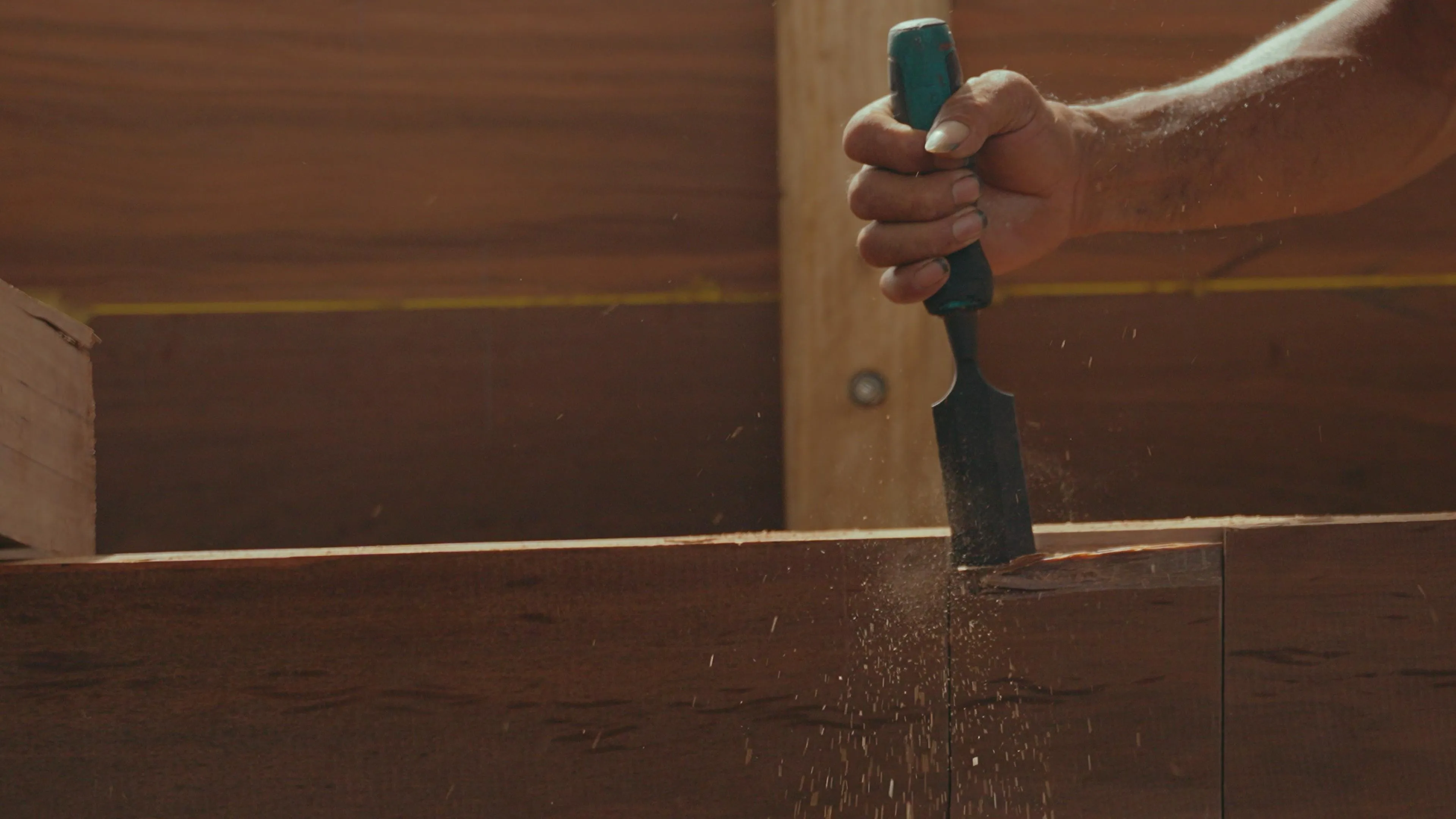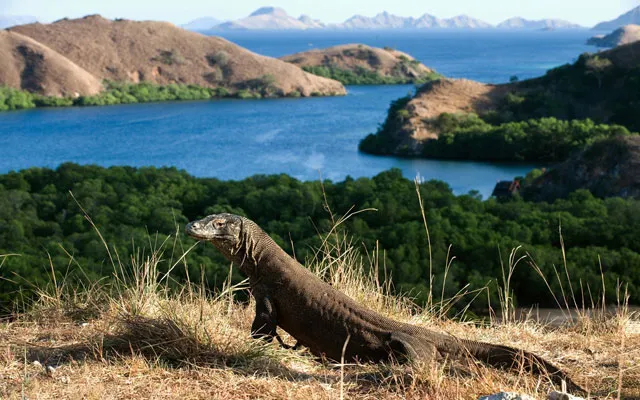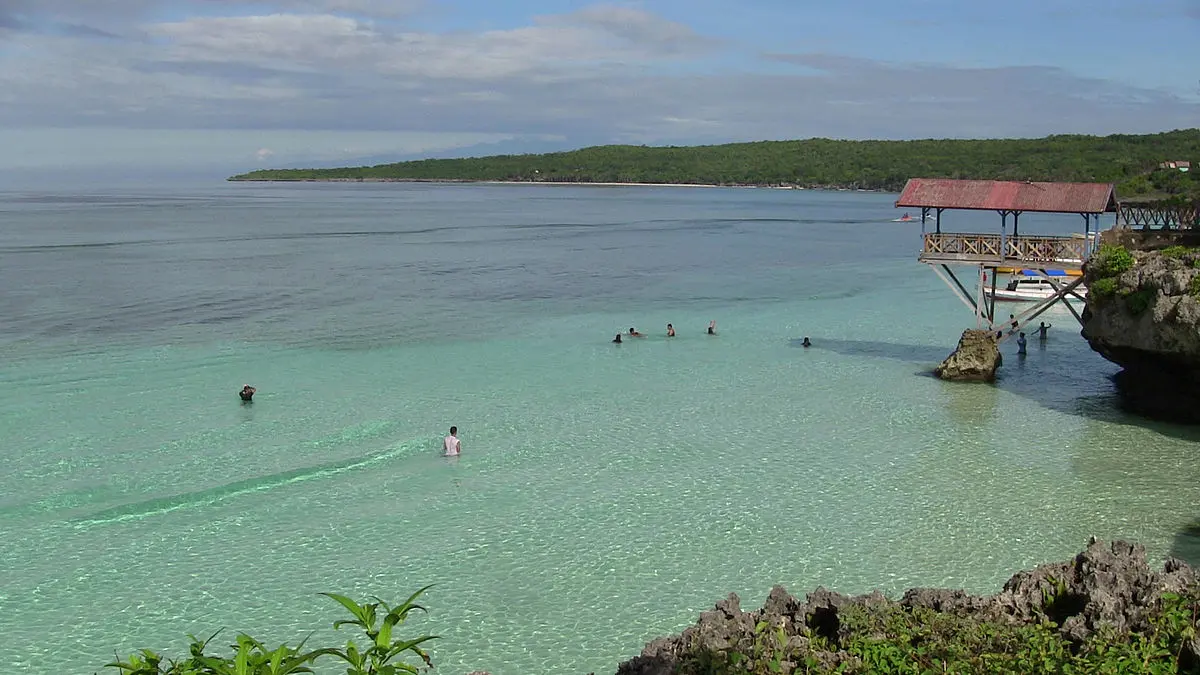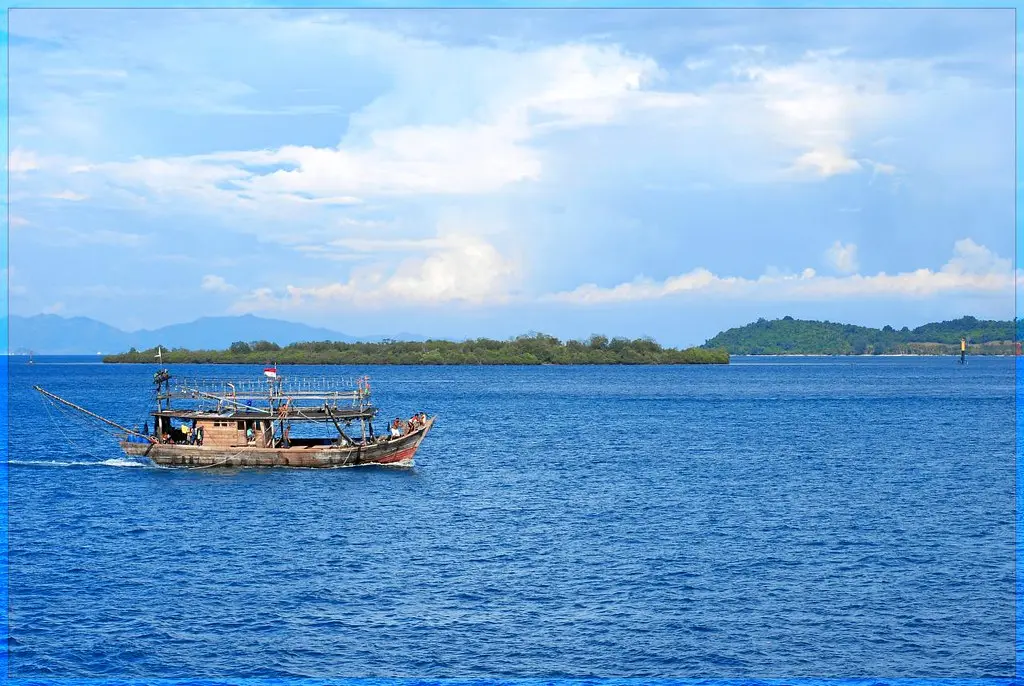5 Powerful Lessons Voyagers Can Learn from the Kajang Tribe in Indonesia
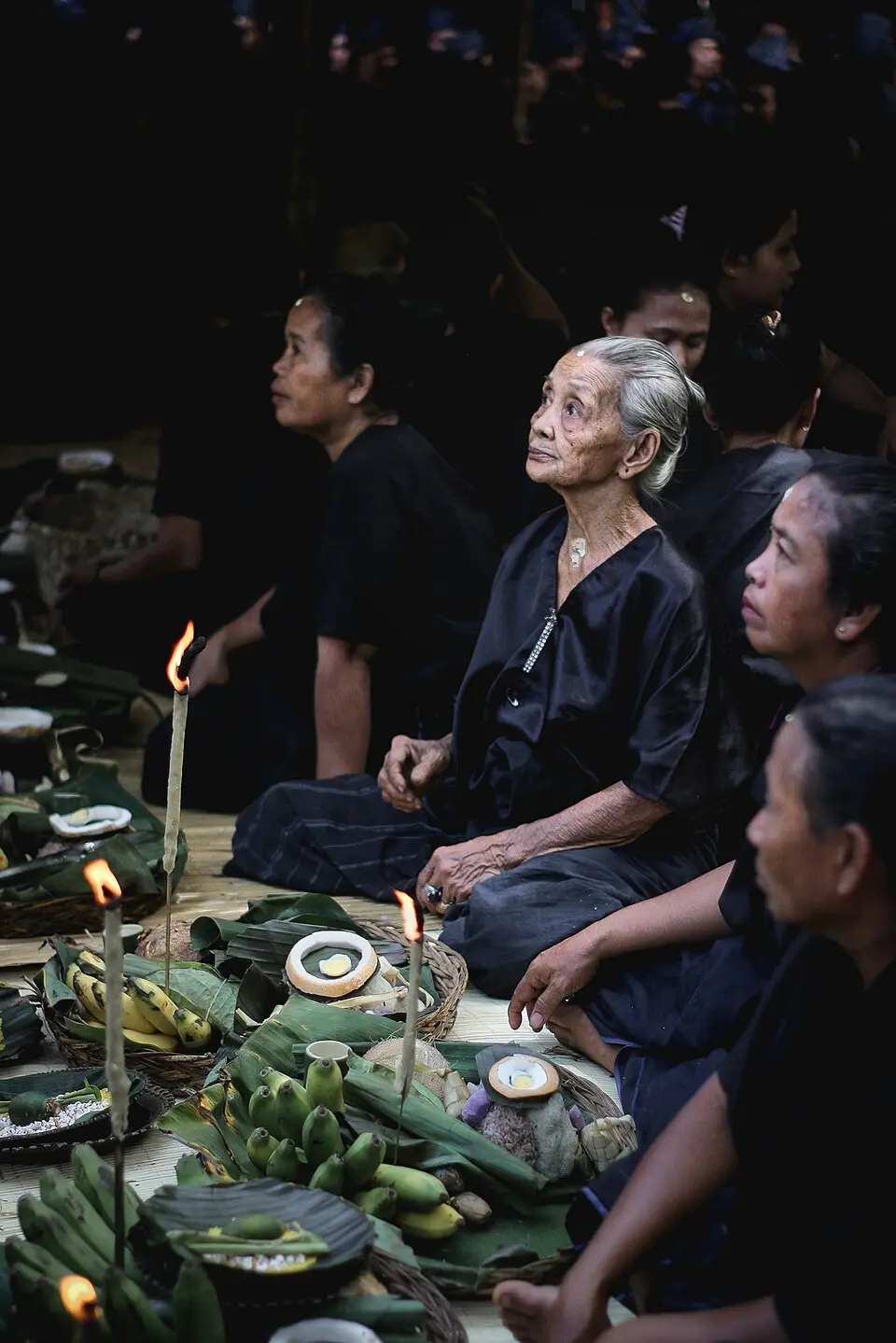
Indonesia’s rich tapestry of culture and maritime heritage offers Voyagers not just sights but deep lessons in living sustainably and respectfully. Among its many treasures, the Kajang Tribe of South Sulawesi stands out for their timeless wisdom—an ethos that perfectly complements the traditional shipyards where the iconic Phinisi boats are handcrafted by skilled artisans.
If you are a Voyager seeking authentic experiences that honor the environment and culture, the Kajang Tribe’s way of life and the sustainable practices at Indonesia’s traditional shipyards offer powerful insights.
Read Also: How to Travel from Singapore to Bulukumba: A Complete Guide
Who Are the Kajang People?
The Kajang Tribe, also known as Ammatoa Kajang, resides in the Bulukumba Regency of South Sulawesi, Indonesia. This indigenous community is divided into two main groups: the Inner Kajang (Kajang Dalam), who live in more secluded areas and strictly uphold their traditional customs and laws, wearing all black as a symbol of humility and equality; and the Outer Kajang (Kajang Luar), who reside outside the core territory but continue to practice many aspects of Kajang culture and beliefs.
Core Beliefs and Practices of the Kajang Tribe
The Kajang people’s way of life is deeply rooted in their unique spiritual and cultural system, which shapes their relationship with nature and society.
1. Belief in Patuntung
At the heart of their spirituality is Patuntung, an ancient belief system that predates the arrival of major world religions in the region. Patuntung teaches balance and harmony between humans, nature, and ancestors, guided by oral traditions passed down through generations. This spiritual framework encourages respect for all living things and fosters a worldview where everything is interconnected.
2. Sustainable Living
The Kajang Tribe practices a form of sustainable living that aligns closely with their spiritual beliefs. They protect their forests vigilantly, live with minimal reliance on modern technology, and avoid using electricity or synthetic materials.
Instead, they rely on natural resources, ensuring that their way of life leaves the least possible impact on the environment. This commitment to sustainability preserves both their land and culture for future generations.
3. Adat Law
Governed by adat—customary laws—the Kajang community’s social and spiritual order is maintained by the Ammatoa, their spiritual leader. The Ammatoa is selected through a sacred and secretive ritual and serves as both a religious guide and custodian of the tribe’s traditions. The adat laws regulate daily life, social conduct, and environmental stewardship, ensuring the tribe’s customs are honored and preserved.
5 Powerful Lessons from Kajang Tribe
The Kajang Tribe of South Sulawesi offers more than just a glimpse into Indonesia’s rich cultural tapestry—they provide timeless wisdom rooted in harmony, sustainability, and community. As voyagers seeking meaningful travel experiences, we can learn valuable lessons from their way of life that inspire a deeper connection to nature and tradition. Here are five powerful lessons from the Kajang Tribe that resonate far beyond their homeland.
1. Deep Respect for Nature—A Shared Value
The Kajang Tribe lives in close harmony with their natural surroundings, protecting forests and waterways through sustainable practices and spiritual reverence. Similarly, traditional shipyards in South Sulawesi build Phinisi boats using eco-friendly, locally sourced woods like ironwood, handcrafted with care to minimize environmental impact.
This shared respect highlights how cultural traditions and sustainable tourism can work hand in hand—preserving nature while supporting local livelihoods. Voyagers visiting these communities witness firsthand how age-old wisdom promotes ecological balance.
Read Also: 5 Traditional Boats in Indonesia That Showcase Maritime Heritage
2. Preserving Traditions to Sustain Communities
Both the Kajang Tribe and traditional shipyards rely on the transmission of ancestral knowledge. The Kajang maintain their customs, language, and rituals, while the shipbuilders pass down centuries-old boatmaking techniques from master to apprentice.
For Voyagers, this preservation is a powerful example of cultural sustainability—where tourism can support, rather than erase, heritage. Responsible visits ensure that these living traditions continue to thrive amid modern pressures.
3. Simplicity and Mindful Living
The Kajang’s simple, community-centered lifestyle contrasts sharply with fast-paced modern life. This approach aligns with how traditional shipyards operate—favoring manual craftsmanship over industrial mass production.
Voyagers can learn to appreciate the value of slowing down, embracing minimalism, and supporting local economies that prioritize quality and sustainability over quantity.
4. Community and Collaboration
Strong social bonds define both the Kajang Tribe and the traditional shipbuilding communities. In the Kajang villages, collective work and mutual support maintain social harmony. Similarly, shipyards thrive on collaboration among craftsmen, apprentices, and suppliers.
Sustainable tourism that involves meaningful interaction with these communities helps Voyagers foster empathy, respect, and deeper connections—creating a positive impact beyond sightseeing.
5. Spirituality and Connection to Place
The Kajang’s spirituality emphasizes balance between humans, nature, and ancestors—a worldview that finds a parallel in the sacred rituals and symbolic meanings embedded in each Phinisi boat.
For Voyagers, engaging with these spiritual dimensions enriches travel experiences, transforming journeys into opportunities for reflection and respect for the places and people encountered.
Embracing the wisdom of the Kajang Tribe and the masterful craftsmanship of Indonesia’s traditional shipyards invites Voyagers into a journey beyond sightseeing—it is a journey into sustainable living, cultural respect, and meaningful connection.
By witnessing these living traditions firsthand, you not only deepen your understanding of Indonesia’s rich heritage but also contribute to preserving it for generations to come.
Ready to step into this world of harmony between people, nature, and craft? Experience the beauty of South Sulawesi through Riara Marine’s exclusive workshop tours—where tradition meets sustainability, and every voyage tells a story.
Read Also: Best Ways to Get to Komodo Island from Singapore
Start Your Journey with Riara Marine
Discover the art of Phinisi boatbuilding and the spirit of the Kajang Tribe up close. Book your Riara Marine Workshop Tour today to experience Indonesia’s traditional shipyards—where history, culture, and sustainability sail together.

